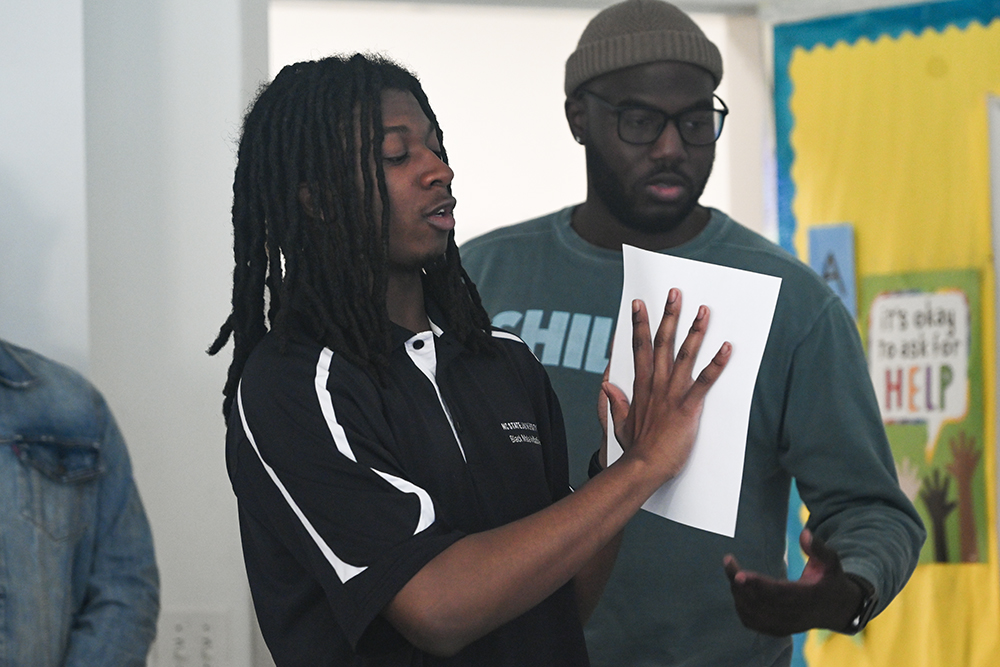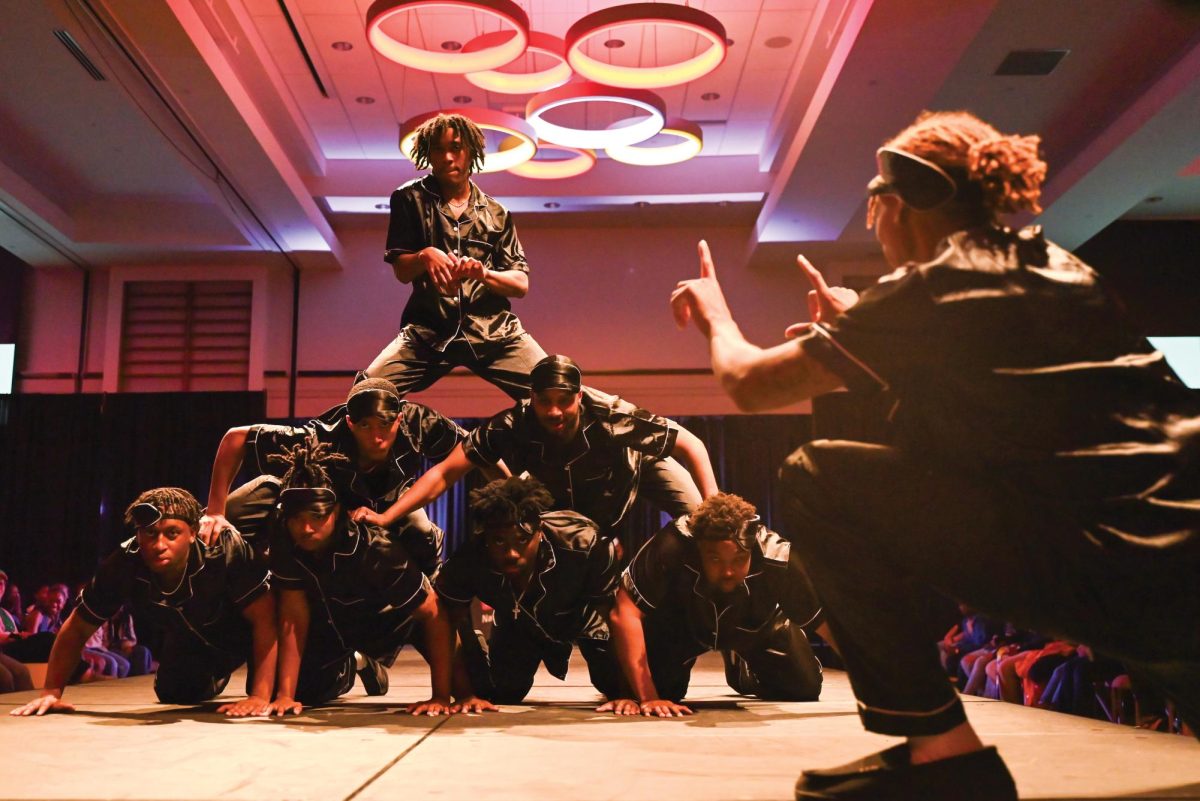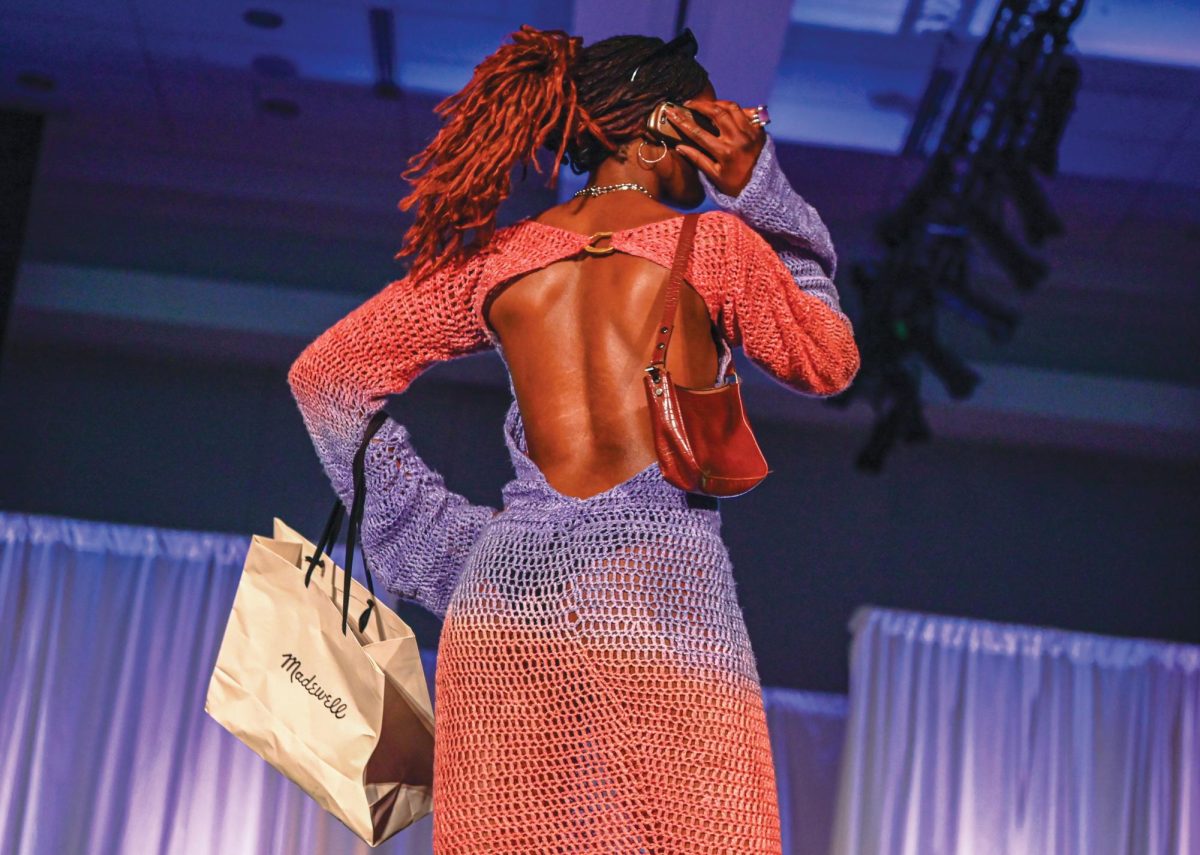TW: Xenophobia
When studying history, there’s a prevailing belief that the subjects delved into belong to the distant past. However, for Gevorg Vardanyan, history is unfolding right at his doorstep. “The forced deportation of Armenians in Artsakh is similar to the Armenian genocide that has occurred not too long ago,” he said.
Gevorg Vardanyan is an NC State Ph.D. student who specializes in the memorialization of the Armenian genocide in America. He moved from Armenia to the United States to pursue studies in Public History, with a personal interest in genocide studies and Armenian history.
The events in Artsakh have affected him in two significant ways. “First, nationally Armenians have lost their ancestral land, where the presence of Armenians dates back at least two to three thousand years. This is attested history,” Vardanyan said.
“It’s sad for me to see the Azerbaijani regime using xenophobic, racist ideology. Making it a state policy and getting foreign support for the ethnic cleansing of Armenians in the 21st century,” he said. “I think this is history. This is somewhere in the past… but now while I was writing my thesis and following what was going on in Armenia… I see the same thing is happening right now.”
Secondly, the tragedy is personal for Vardanyan. His wife is from Artsakh, and her family lost their home. “I can never see my home, the streets, the trees… All of it,” his wife said. Vardanyan said, “We feel uprooted.”
Vardanyan expressed frustration over limited news coverage of the ongoing ethnic cleansing in Artsakh. He believes the subject is not receiving the attention it deserves, especially when compared to crises like the one in Ukraine. “We see everyone was talking and continues to talk about Ukraine and the tragedy of people dying… but why are we more sympathetic, to what I call, Western sufferings? And yet we are almost silent about Armenian sufferings,” he questions.
His understanding as to why comes down to international policies and geopolitical interests. “For example, oil deals struck with Azerbaijan as well as the tensions between America and Russia,” he said. “But ultimately he says, ‘it feels unfair… why does no one know about your suffering but in other cases globally it’s not the same. You feel like your voices are silenced, especially here.'”
However, Armenian Americans were not silent. Vardanyan stated there are a lot of attempts by Armenian lobby organizations in DC and California. Vardanyan wrote letters to local congressmen and senators, but even then, “was feeling that these are just desperate attempts” to offer some form of support for the people of Artsakh.
With Vardanyan’s position as an international student, there comes the question as to how he feels here in America as the struggle continues in Artsakh. “I first felt guilt three years ago during the war in 2020 when Artsakh land was first seized. We had a lot of victims. There was a young guy, nineteen years old and he’s way younger than me. I couldn’t – cannot – understand how he became a soldier. I still remember his eyes. He became one of the some 4,000 victims of this war.” He said, “I felt guilty… That I leave and this younger guy, way younger than me… he died.”
During COVID, Vardanyan tried to assist Armenians back home by taking part in a lot of efforts to support families as much as he could. Regardless of this, Vardanyan felt like his efforts meant nothing. His inability to do anything left him feeling “powerless.” He didn’t want to spend much of the interview discussing how he helped those in the time of war, stating, “But I don’t want to talk about that; I think as a human, you should move to support and help someone.”
Vardanyan specializes in the first 50 years of post-Armenian genocide history. He notes the similarities between the sources he read on how those who escaped the first Armenian genocide and those now fleeing Artsakh.
When asked how his studies and major impacted his perspective on Artsakh, he stated that “with history, you have some tools and knowledge to understand the past, and you can better understand the current situation. When people were optimistic after the war in 2020, as a historian, you can kind of see how the development would lead. And how this is not the end, but the beginning of the end. Sometimes it hurts to better understand past events. Similar events like these happened over one hundred years ago.”
He continues to state, “you see these tragedies in the 21st century, and you become frustrated. How can this keep happening when it’s meant to be history? Humanity has achieved much, and yet we cannot solve this problem of ethnic prejudice.”
I asked Vardanyan how he felt supported on campus, and he stated some professors approached him regarding the situation, though they didn’t know much.
When asked if he would appreciate some more acknowledgment of the tragedy of Artsakh on campus. He said, “I wish. I wish we could see this kind of thing. Because we’re in a community of different backgrounds, and we’re together on our happy days and our sad days. There’s ethnic cleansing in the 21st century, of course, I’d like to see more initiatives and more people talking about it on campus… But I understand there’s no real community of Armenians together on campus. Ultimately I would like to see a commitment to share our pain on the side of the campus community.”
Vardanyan continues to explain that the Armenian population on campus might just be small, resulting in the lack of conversation on the topic.
Vardanyan is not optimistic about change, stating the regime in Azerbaijan has left no room for optimism in the deportation of Armenians in Artsakh. He believed Armenians would not be able to return to their homes, and even if they did, they would not be guaranteed safety. “People are concerned about their families, and if you see a regime fostered in xenophobia… you can’t imagine that they’ll soon change.” The future of these refugees is really uncertain.
However, Vardanyan did not want to end on a sad note. He clarified he wanted to be more realistic, and that “ultimately we are Armenians, and in our historical fate, we have seen a lot of tragic pages… and we are strong.”






